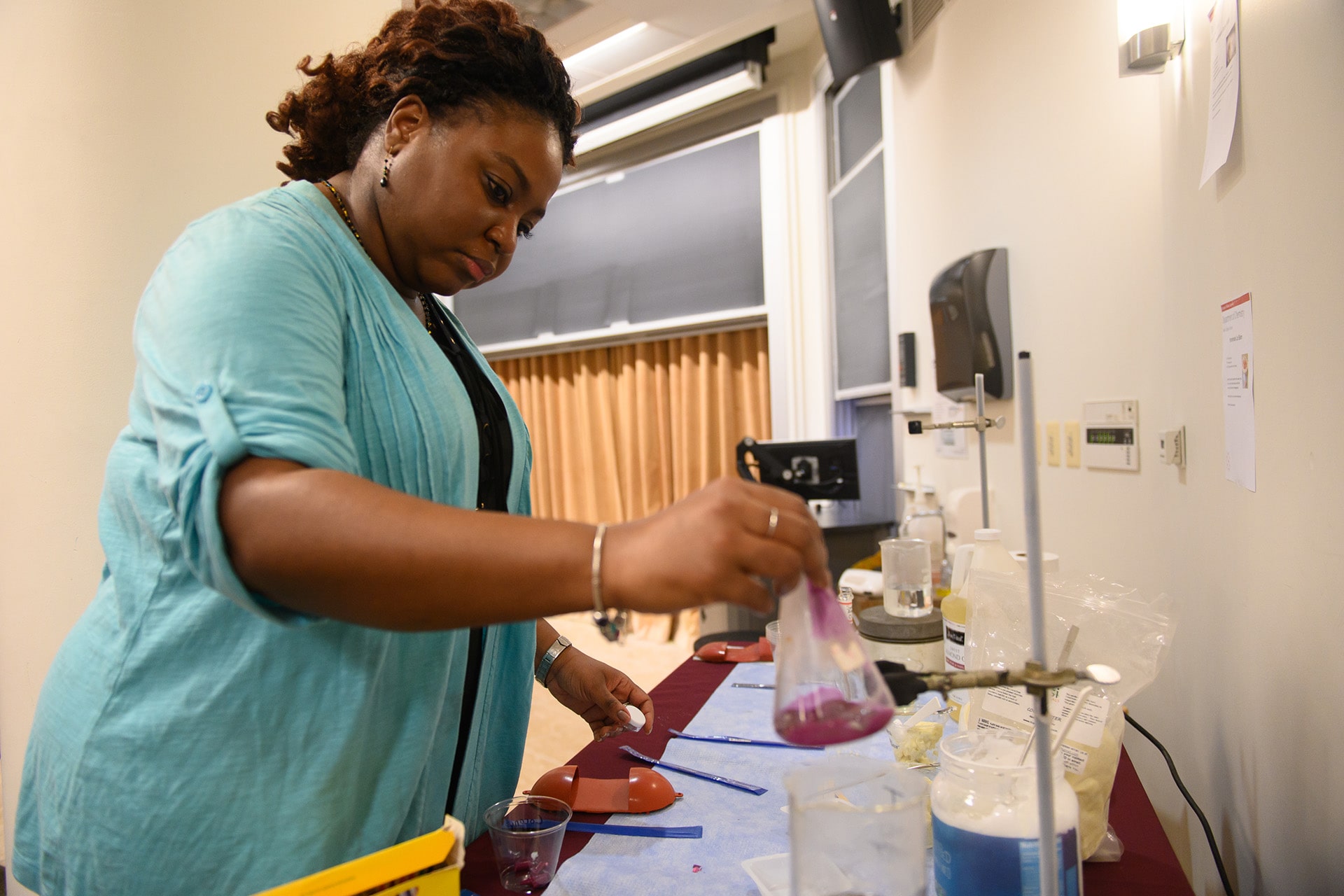Community, Leadership, Experimentation, Diversity, & Education
Pittsburgh Arts, Regional Theatre, New Work, Producing, Copyright, Labor Unions,
New Products, Coping Skills, J-O-Bs...
Theatre industry news, University & School of Drama Announcements, plus occasional course support for
Carnegie Mellon School of Drama Faculty, Staff, Students, and Alumni.
CMU School of Drama
Thursday, October 29, 2020
Program Aims To Enhance Inclusive Teaching
www.cmu.edu/news: "As the national conversation pivots to finding real-world solutions to racial and cultural inequity, we saw this as an opportunity to operationalize our commitment to inclusion and quickly identified the classroom as one of the most, if not the most, critical venues to be discussing and demonstrating the practice and benefits of full inclusion and equity in our community," said James H. Garrett, Jr., provost and chief academic officer for CMU.
Subscribe to:
Post Comments (Atom)

3 comments:
Inclusion. This is so vital to me as an Asian American Woman, and it should be vital to nearly anybody. My elementary school years aside (because I went to an “Asian” school where curriculum was taught in Japanese), all my years in standard, regular middle and high schools were all accumulated of being taught by white teachers who had nothing in common with me. Having a teacher or professor be somebody who can share your point of view, understand your culture, is so imperative. I know that my experience as a high school student would have drastically changed if I had a teacher or advisor or adult involved in my school that looked like me and understood what it was like to be Asian. The same stands with CMU.
Inclusion and diversity in the classroom matter. Keeping and appreciating everyone’s individual cultures matter. You cannot walk into a teaching and learning environment assuming everyone comes from the same background, or from a background you consider conventional or normal. This only prevents the instructor from knowing how to better accommodate their students and the students from feeling safe, which is the best way to learn. Like the article mentioned in the tail-end, there is so much that is left out of textbooks, of academic works, preventing thousands of equally capable academics from getting the recognition they deserve for their work. I think that if CMU can actually carry out their plans instead of saying they will it will create a much better learning environment for its students and a more stimulating workplace for its faculty and staff. There is so much more to gain than to lose when it comes to creating a more diverse space.
I believe that one of the biggest battles that we need to fight in terms of anti-racism is in education. There are so many wonderful educators doing all that they can to bring their work into the light and redesign educational processes to actually be inclusive and celebrate their communities. This means teaching history how it actually happened, diversifying reading lists and the material covered in class, replacing old school discipline and favoritism with restorative justice, redesigning how concepts are taught to be inclusive different cultures, abilities, and learning styles, and more. I am glad to see that CMU is trying to focus more energy into practicing inclusion in the classroom, instead of just hiring a BIPOC faculty member or two and calling their department inclusive. I hope that this work genuinely does some work in the academic community in terms of lifting up the BIPOC community and BIPOC scholars. The consistent practice of pushing those people to the back has got to go, and no department or school is innocent of this. I hope this is taken really seriously.
Post a Comment